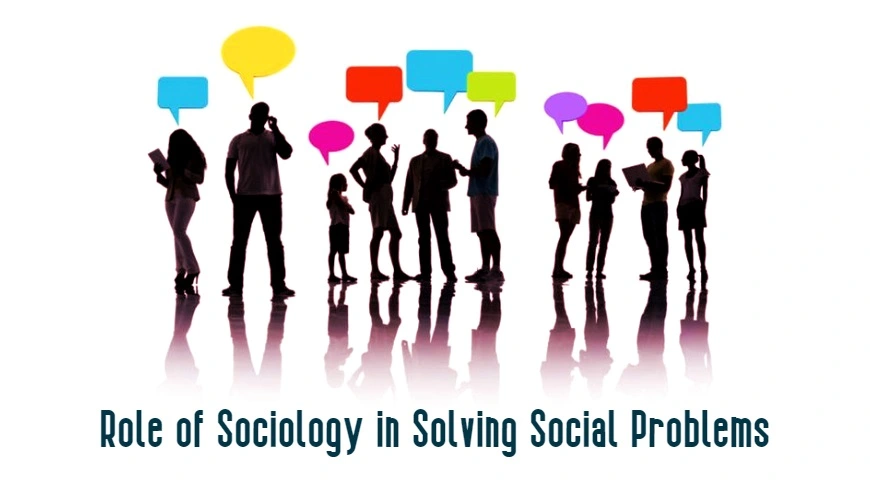Modern life often isolates individuals, yet robust social support networks offer significant health benefits. They foster community engagement and create resilient, healthier individuals and societies. They reduce stress, bolster immune responses, and improve mental health.
Stronger connections promote active lifestyles, accelerate recovery, and decrease chronic disease risks. Investing in community ties fosters happier, healthier, and more connected societies, ultimately contributing to overall better quality of life for all.
Let’s explore how social support networks influence health outcomes in modern life.

Introduction: Social Networks and Health
In modern life, social networks—be they family ties, friendships, or online communities—play a profound role in shaping health outcomes.
Research has shown that individuals with robust social networks tend to live longer, healthier lives. A meta-analysis of 148 studies published in PLOS Medicine revealed that individuals with strong social relationships have a 50% increased likelihood of survival compared to those with weaker ties.
The impact of social networks on health is complex, presenting both positive and negative aspects. Here’s a summary:
Social networks can provide vital emotional support, reducing feelings of loneliness and isolation. They facilitate connections with people sharing similar health experiences, fostering a sense of community. They can be used to spread health awareness and promote healthy behaviors.
Social media platforms can offer access to valuable health information and resources. They can connect individuals with healthcare professionals and support groups.
Excessive social media use is linked to increased anxiety, depression, and feelings of inadequacy. The “highlight reel” effect can lead to social comparison and low self-esteem. Cyberbullying and online harassment pose significant threats to mental well-being.
Increased screen time can disrupt sleep patterns and reduce physical activity. Exposure to misinformation can lead to harmful health decisions.
In essence, while social networks offer valuable connections and information, mindful usage is crucial to mitigate potential negative impacts on both mental and physical health.
How Social Support Networks Shape Health Outcomes
Social support networks play a crucial role in shaping health outcomes by providing emotional, informational, and practical resources that help individuals cope with stress and illness.
Research shows that people with strong relationships experience lower levels of stress hormones and improved immune responses.
For example, a comprehensive study published in the Journal of Behavioral Medicine found that individuals with supportive social ties had a 37% lower risk of developing chronic illnesses, partially due to enhanced adherence to healthy lifestyle practices.
Data from the Harvard Study of Adult Development indicate that consistent social engagement over decades contributes to a 67% higher likelihood of achieving optimal long-term health compared to individuals who are socially isolated.
Additionally, a controlled trial conducted at a major urban hospital revealed that patients with strong family and friend support post-surgery recovered 26% faster than those without a robust network, highlighting tangible benefits of social care on physical healing processes.
Mental health research suggests that supportive networks help reduce the onset of depression symptoms by nearly 45%, demonstrating the protective effects of social bonds.
In an era where digital communication is pervasive, both in-person and virtual connections serve as essential assets for public health, offering interventions that can reduce medical costs and improve quality of life.
Strengthening these networks, whether through community programs or digital platforms, is therefore critical for advancing holistic well-being and resilience in modern society.
Policy makers must integrate robust social support strategies into healthcare frameworks, ultimately reducing costs while amplifying community-wide well-being.
Exploring the Health Benefits of Social Support Networks in Modern Life
Let’s explore how social support networks influence health outcomes in modern life, based on current research and statistics:
Stress Reduction Through Social Support
One significant benefit of social support networks is their ability to reduce stress. The American Psychological Association reports that people with strong social support perceive challenges as less threatening and recover faster from stressful events. A study by Holt-Lunstad et al. found that social support diminishes cortisol levels, the body’s stress hormone.
Enhancing Mental Health
Social connections act as a buffer against mental health disorders like depression and anxiety. According to a 2020 report by the World Health Organization (WHO), individuals with active social lives are 36% less likely to develop depression compared to those who are socially isolated.
Improved Cardiovascular Health
Studies have demonstrated that social relationships are associated with cardiovascular health. For example, research from Harvard Medical School shows that loneliness is linked to a 29% increase in the risk of heart disease and a 32% increase in stroke risk. Having supportive relationships may mitigate these risks significantly.
Boosted Immune Function
Social bonds also enhance immune functioning. A 2021 study published in Nature found that socially active individuals produce higher levels of antibodies after vaccinations compared to those who are isolated. The findings suggest that social integration can bolster overall immunity.
Physical Activity and Healthy Habits
Social networks often encourage healthier lifestyle choices. According to the CDC, people who exercise with friends are 30% more likely to stick to fitness routines. Community programs and group activities act as motivators, helping individuals adopt and maintain healthier habits.
Online Social Networks and Health
In the digital age, online social networks have emerged as influential platforms for health-related support. A 2022 study in JMIR Medical Informatics found that online health communities help individuals manage chronic illnesses by providing emotional support and practical advice. However, excessive time on social media has been associated with negative mental health outcomes, underlining the importance of balanced usage.
Social Networks in Elderly Populations
For older adults, social support networks are a lifeline. A 2018 report from the National Institute on Aging highlights that seniors with regular social interaction have a 50% lower risk of dementia. Participation in community events or simply maintaining family ties can significantly enhance cognitive health.
Impact on Recovery from Illness
Social connections accelerate recovery from illnesses. A 2017 study published in the American Journal of Epidemiology found that patients with strong social support have a 20% higher rate of recovery from severe health conditions like strokes or heart attacks.
Economic Advantages of Social Health
Social support networks also impact economic well-being, which in turn affects health. According to the World Bank, individuals with better social support are more likely to access resources like jobs and healthcare, which contribute to overall well-being.
Addressing Health Disparities
Social support networks can help bridge health disparities. Community health initiatives often leverage local social networks to spread awareness and improve access to care. For instance, a 2020 study in The Lancet demonstrated that grassroots campaigns reduced maternal mortality rates by 15% in underprivileged areas.
Read Here: The Impact of Aging Populations on Health Services
Conclusion: Health Benefits of Social Support Networks
Social support networks are a cornerstone of modern health and well-being. They provide emotional and practical support, reduce stress, and promote mental and physical resilience.
Numerous studies demonstrate their positive impact—from enhancing immune response and cardiovascular health to encouraging healthier lifestyles and aiding recovery from illnesses.
Both in-person and online connections foster a sense of belonging, improve access to resources, and help bridge health disparities, particularly in underserved communities.
As we navigate an increasingly connected world, prioritizing and strengthening social ties can lead to longer, healthier lives.
If you leverage social networks effectively, you can create a supportive environment that bolsters both mental and physical health, showcasing the transformative power of human connection in achieving better health outcomes.



